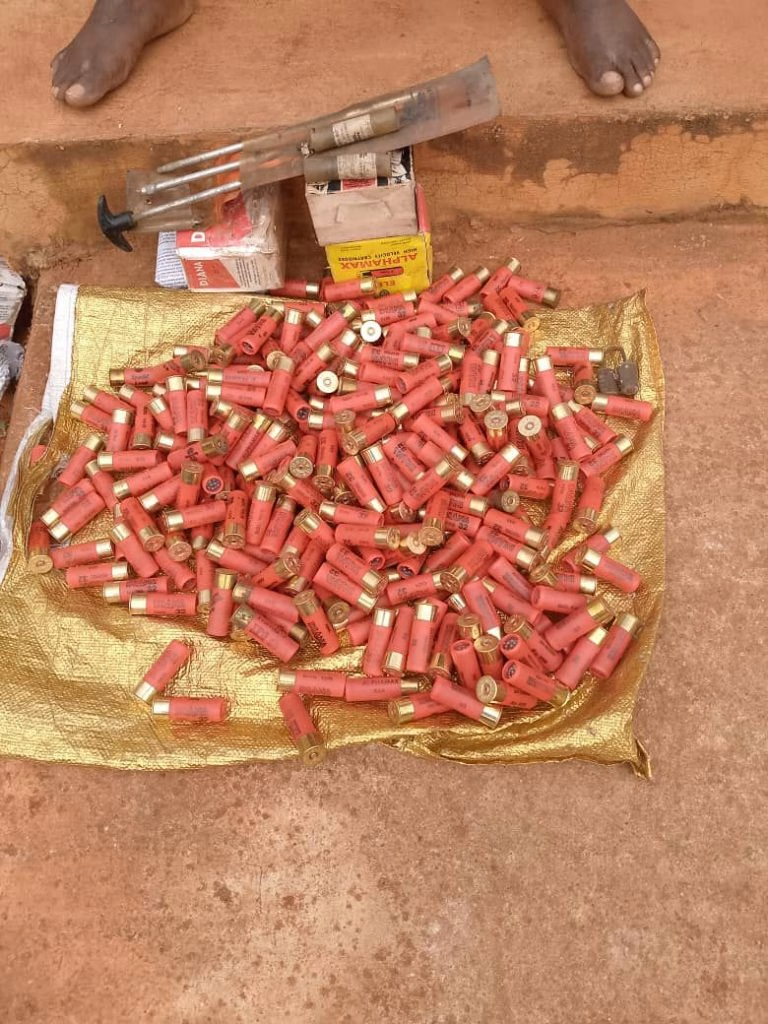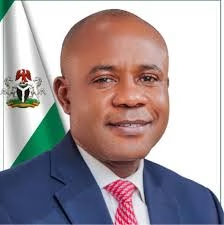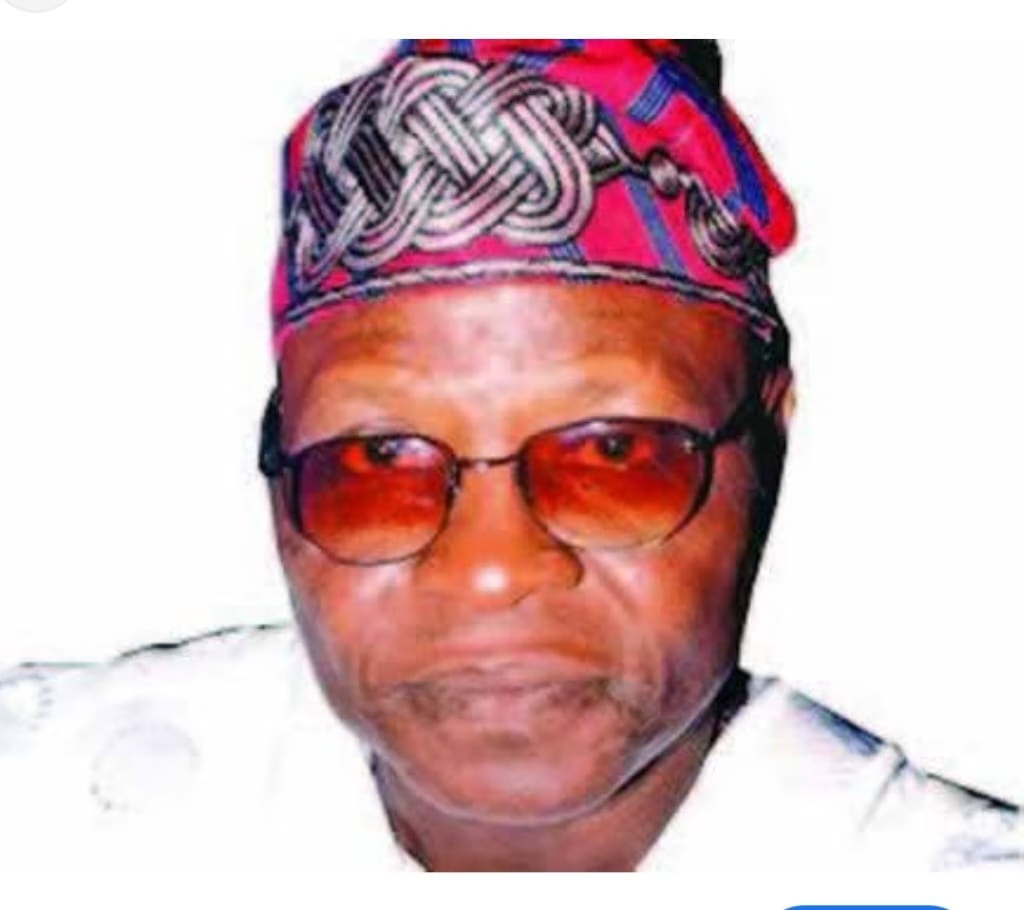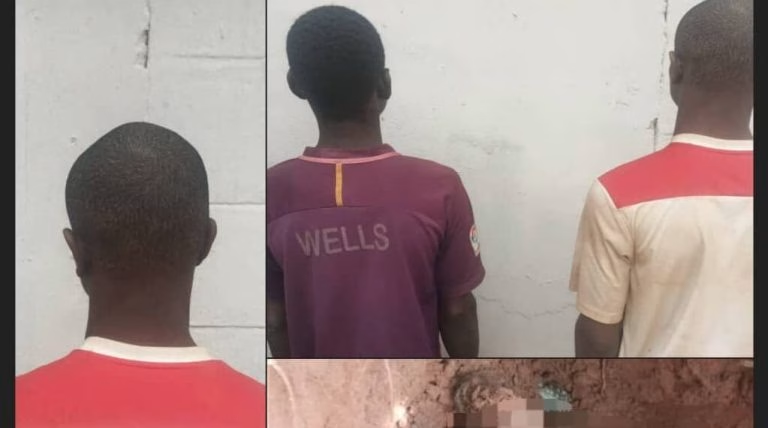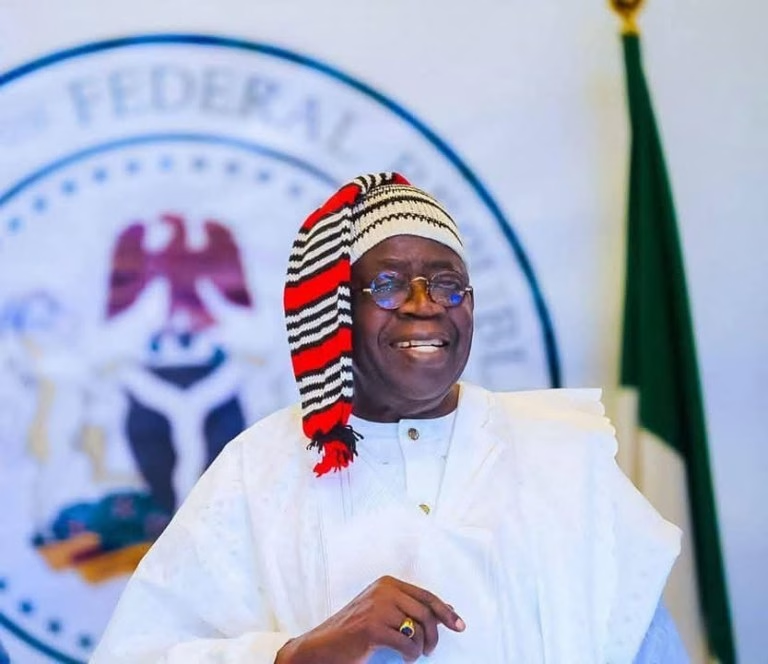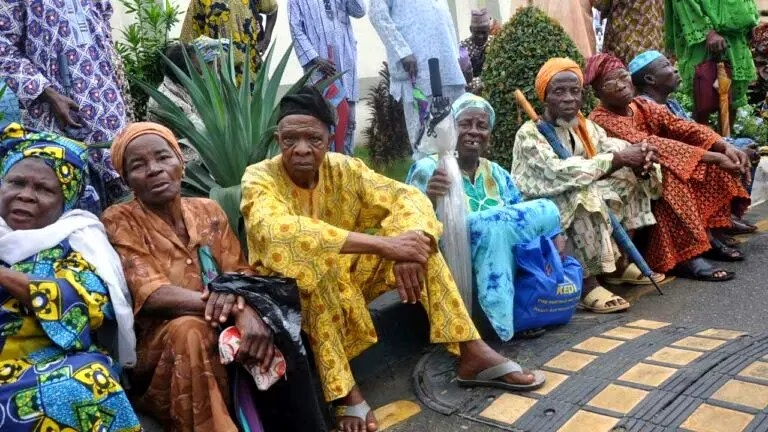By Tunde Olusunle
He was already a household name in the old Kwara State by the time I first heard of him. “Old Kwara State” within this context will include the sprawling Borgu part of contemporary Niger State, and the Okun-Yoruba and Ebira sections of today’s Kogi State. The August 27, 1991 states creation exercise carried out by the administration of former military President Ibrahim Babangida, detached the aforementioned parts of the original Kwara State, and realigned them with their present geopolitical entities. Raised in the former North Central, (now Kaduna) and Midwestern, (now Edo), my first ever visit to Ilorin the capital of Kwara State was in 1980. My parents took a decision to seek new opportunities in what was then their home state, Kwara, which necessitated the wholesale relocation of the family. I had completed secondary school education in Benin City and tertiary education was on the cards.
Chief Cornelius Olatunji Adebayo, more popularly known as *C O Adebayo* was already a prominent public figure by this time, having served in the administrations of a string of military governors in the state. Notably, he served under Colonel Ibrahim Taiwo who was assassinated in the February 13, 1976 coup in which the then Head of State, General Murtala Ramat Mohammed was also murdered. Colonel George Agbazika Innih who succeeded Taiwo retained Adebayo, whose versatility saw him serve in the ministries of Education, Information and Economic Development, at various times. It was in the Ministry of Education, however, where he made the greatest mark, facilitating the abolition of the “shift system” in primary schools in the state. This saw a set of students resume in the mornings and close from school in the afternoons, while another batch resumed in the afternoons and returned home in the evenings. He found this inconveniencing for toddlers and young teenagers. He equally contributed towards increasing the stock of classrooms in secondary schools in the vast old Kwara State.
I was admitted into the School of Basic Studies, (SBS), of the erstwhile Kwara State College of Technology, (Kwaratech), late 1980, and would find out that Chief CO Adebayo occupied a folkloric place in regular discourse within the institution’s community. English, History and Economics were my subjects, and he was the pioneer head of the Department of English back in 1973, when the SBS was established. His colleagues spoke very fondly about him, especially about the creditable manner he acquitted himself in political office. His altruism earned him popular nomination as Senator representing present day Kwara South Senatorial District, at the outset of the Second Republic in 1979. As the race for Government House, Ilorin, heated up ahead of the gubernatorial election of 1983, *CO Adebayo* who flew the flag of the Unity Party of Nigeria, (UPN), was the clear favourite in popular discourse. He eventually upstaged the incumbent, Alhaji Adamu Atta and was inaugurated on October 1, 1983. As he settled down to infuse the governance progressivism characteristic of the UPN governments in Lagos, Ogun, Ondo, Bendel and Oyo states, known by the acronym *LOOBO states,* however, the military struck December 31, 1983.
*Baba CO* was at the forefront of the clamour for the revalidation of the mandate of Chief Moshood Kashimawo Olawale Abiola, who won the June 12, 1993 presidential election, annulled by General Babangida. He was indeed targeted by General Sani Abacha, who shoved aside the Interim National Government, (ING), hurriedly emplaced by a departing Babangida in August 1993, under the leadership of Chief Ernest Shonekan. *Baba CO,* who turned down Abacha’s ministerial offer, was a prominent member of the National Democratic Coalition, (NADECO), a broad-based group of pro-democracy advocates, considered insufferable irritants by the Abacha junta. Many members of the coalition were hounded, harassed and hunted like game by Abacha agents. Fleeing danger was being alive to fight another day, even as *Baba CO* followed the wise precedence of other activists like Prof Wole Soyinka, incumbent President Bola Tinubu, and so on, who fled to safety in foreign lands.
It was the administration of former President Olusegun Obasanjo who would eventually bring me face to face with *Baba CO* a precursor I had revered from a distance through the years. I had already been on the staff of the erstwhile President, when *Baba CO* was appointed Minister for Communications in 2003. He joined the Federal Executive Council on the same day with Prof Eyitayo Lambo, who was Minister for Health. I had heard so much about Emeritus Prof Lambo as a student of the University of Ilorin, where he was before moving around the world in the service of the World Health Organisation, (WHO). Prof Albert Anjorin, Emeritus Professor of Clinical Pathology at my alma mater, Unilorin, a respected mentor, spoke ever so often about “my good friend Eyitayo Lambo” in our frequent meetings during my years in Kwara State. Coincidentally, Prof Lambo and I, both come from the same community, Isanlu, Yagba East council area in Kogi State. He did immensely for health and overall wellbeing of our people in Yagbaland and Okunland in general, during and after his sojourn in government. *Baba CO* and Prof Lambo had a very long relationship dating back to the old Kwara State, and now found themselves serving in the same federal cabinet.
Away from the quasi-mythical mental picture I had of him for his looming profile, *Baba CO* was so very disarmingly humble, unassuming, down-to-earth and accessible when I eventually met him. For a man who was already a university student at the famous Ahmadu Bello University, (ABU), even before I was born, not for once did he call me by my first name. Indeed, I was always uncomfortable whenever he grabbed my hands and called me “my brother.” How can I be this much older man’s brother and not son, I would wonder, deep inside of me. At the berthing of mobile telephony under his watch as Minister for Communications, I engaged him on a number of occasions, on the sidelines of the federal cabinet meetings, about the thirst of rural communities for integration with the global communications highway. He knew my subtle advocacy took into account the desires of our people in Kogi West and Okunland, and would always remind me about the travails of the Igbomina people of Kwara State in the hands of successive governments.
“The fates of our people, our areas, are tied,” he would tell me. “Extending communications services to Igbomina, is ensuring services in Okunland. It is an objective that must be achieved by the grace of God.” He had a stint in the Federal Ministry of Works in the concluding months of the Obasanjo administration. *Baba CO* graciously honoured my invite to be one of the special guests at the public presentation of my volume of essays which documented the Obasanjo presidency titled: *On The Trail Of History: A Reporter’s Notebook On Olusegun Obasanjo.* Typically, he was one of the earliest arrivals, never given to duplicitous “African” timing. Prof Lambo represented President Obasanjo at the event which held in December 2006.
*Baba CO* was built of steel and mortar. Not many people would have survived as long as he did, against the backdrop of some discomforting experiences he had in life. September 12, 2014, he lost his wife, Mrs Funmilayo Adebayo, after a protracted illness. Six years thereafter, his daughter, Mrs Diekola Osa Avielele, passed on July 16, 2020, just about a week after having her son, in Virginia, United States. Two years before her demise, she recalled in an interview she granted, that as Senator representing present day Kwara South during the Second Republic, her father indeed “returned his unspent estacode, after an official trip to Russia.” Such was the openness and transparency of *Baba CO.* Each of the unfortunate departures of his beloved wife and daughter, was more than enough to break mere mortals. But *Baba CO* soldiered on, ensuring that his other children, grandchildren and members of the extended family, had a solid patriarchal shoulder to lean on.
From the classroom; to the State Executive Council; to the Senate of the Federal Republic; through his travails in the hands of Abacha goons; to the Federal Executive Council, *Baba CO’s* was a life of dedicated service and selfless sacrifice. He epitomised hardwork, forthrightness, frugality, integrity and inalienable commitment to the development of his fatherland. These are qualities which are missing in the operations manual of most of today’s political figures, who are basically vultures and buccaneers. Until his departure on Wednesday June 25, 2025, *Baba CO* was one of the last standing exemplars of authentic ideological progressivism and substantial political puritanism. We don’t make them anymore. He will be thoroughly missed back home in his birthplace, Oke-Onigbin; in Igbominaland; in Kwara South; in Kwara State and Nigeria in general. He was a great man in by every definition. May the good Lord rest his gentle soul.
*Tunde Olusunle, PhD, Fellow of the Association of Nigerian Authors, (FANA), is an Adjunct Professor of Creative Writing at the University of Abuja*

